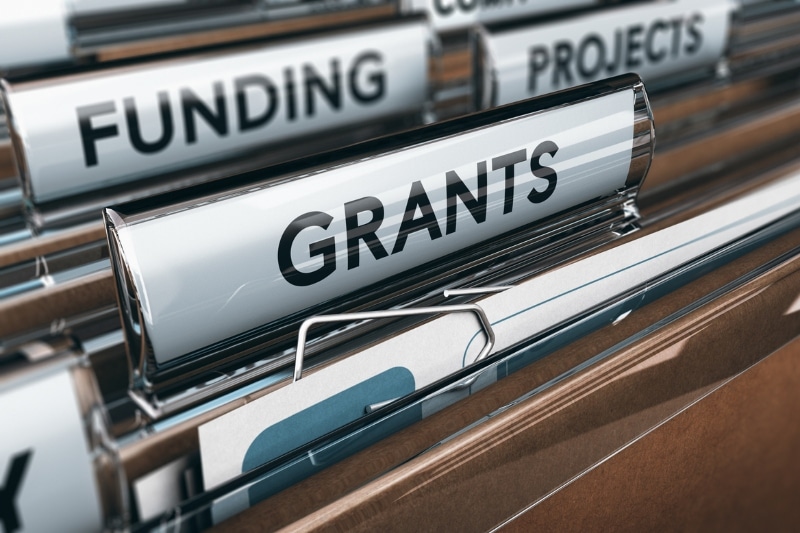The Monetary Authority of Singapore (MAS) has introduced an SGD 15 million (about USD 11.2 million) Financial Sector Carbon Market Development Grant to galvanize banks, insurers, advisory firms, and investors into the burgeoning field of carbon credit trading. Announced on October 28, 2025, and set to run through 2028, the initiative targets the steep upfront expenses tied to early-stage deals, such as staffing specialized teams, legal reviews, due diligence, and insurance coverage for carbon project financing and transactions. Applications kicked off on November 1, 2025, via the MAS website, positioning Singapore as a front-runner in weaving financial expertise into global efforts to curb climate change through market-driven solutions.
This grant emerges against a backdrop of Singapore’s aggressive pivot toward sustainable finance, where carbon markets are eyed as engines for green growth amid the nation’s net-zero ambitions by 2050. Complementing the move, the government rolled out a revamped 12-page guide for businesses on procuring high-integrity carbon credits, refined from a mid-2025 public consultation led by the Ministry of Trade and Industry (MTI), National Climate Change Secretariat (NCCS), and Enterprise Singapore (EnterpriseSG). The guide urges prioritizing direct emissions cuts over offsets and calls for strict vetting of carbon credits, following scandals like the 2023 rainforest-credit exposé. Minister of State for Trade and Industry Gan Siow Huang noted that concerns over credit integrity have eroded confidence, while welcoming the grant for easing the manpower and transaction costs of developing and trading such projects.
For global audiences, Singapore’s carbon push builds on prior milestones, including September 2025 deals to acquire over two million credits from nature-based projects in Ghana, Peru, and Paraguay for SGD 76.4 million (USD 57.3 million), alongside bilateral trading pacts with nations like Rwanda and Mongolia. Alvin Lim, chief executive of carbon developer Climate Bridge International, highlighted the potential for local firms to tap projects in eight countries, from reforestation in Africa to cleaner tech in Southeast Asia. These steps not only counter green-washing risks but also align with the Singapore Green Plan 2030, fostering a robust voluntary market that could draw international players to the city-state’s exchanges.
The grant signals Singapore’s strategy to harness its financial prowess for climate resilience, potentially scaling innovations like tokenized credits and risk analytics. As voluntary markets mature, this could amplify cross-border flows, helping emitters offset emissions under tightening regulations while spurring investments in tech-driven carbon removal.
(Sources: The Straits Times; Channel News Asia)
